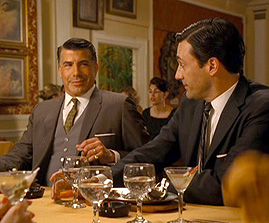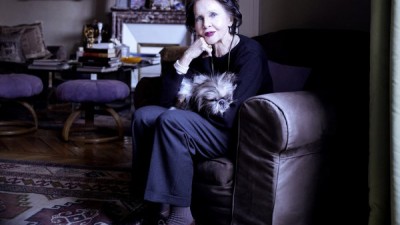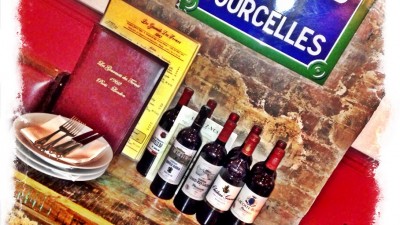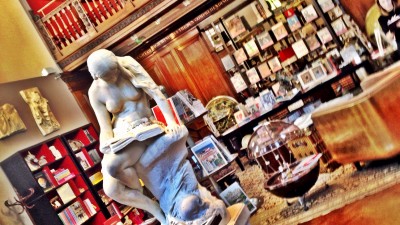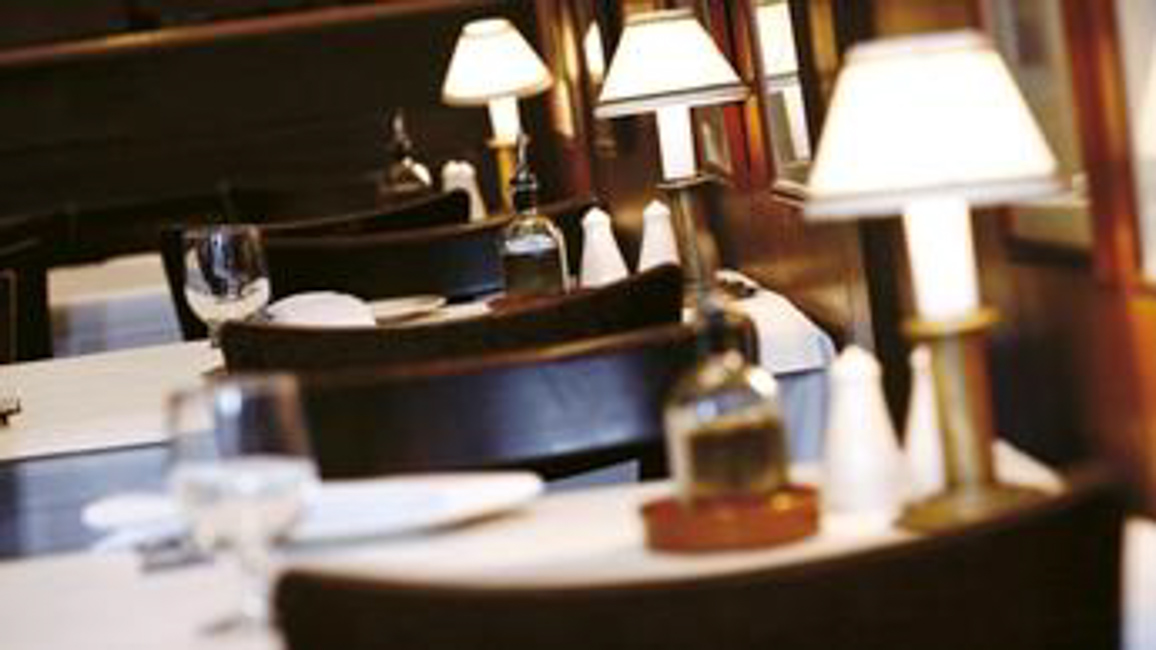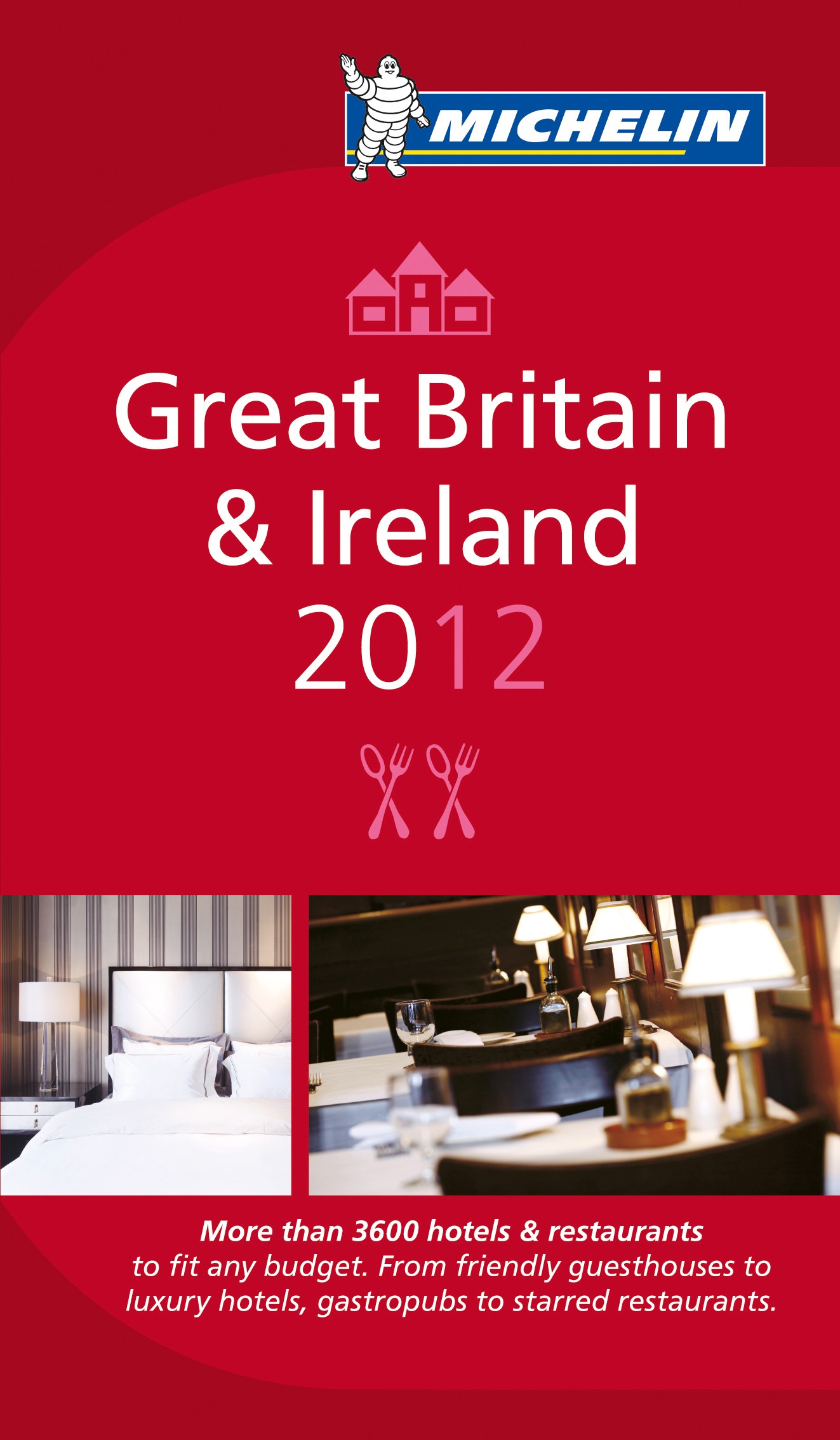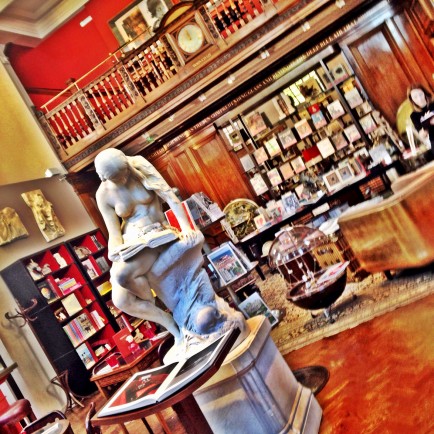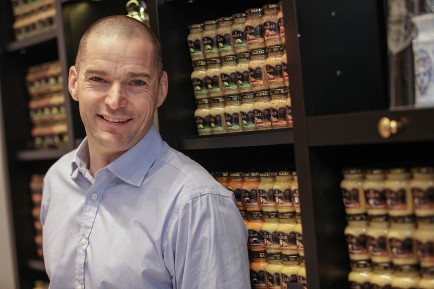After having trained as a chef and worked as a Michelin restaurants inspector for twelve years, Rebecca Burr (41) was appointed editor of the Great Britain and Ireland Michelin Guide last year, becoming the first woman to hold this post since the British edition was created 101 years ago. The 2012 edition sees 151 Michelin stars awarded by the Guide -including 55 in London- as well as the first British pub, The Hand and Flowers in Marlow, to be awarded two stars. Here, Rebecca talks to Chic-Londres about the British food scene.
How has the British food scene evolved over the years? It has evolved beyond recognition. Now London has established an international reputation as a world gastronomy capital, with 55 stars awarded this year, out of a total of 151 stars over Britain and Ireland. This number has increased every year, from 25 in 1974 to 153 last year, both because new establishments have opened and because the existing ones have improved so much. The other major change is the evolution of the British pub industry, with 13 pubs this year being awarded Michelin stars, which confirms our view that pubs serving good food are the ones that continue to thrive. Generally speaking, the British diners are much savvier nowadays- they are much better informed and interested in food, so the food culture has changed.
What is the part played by foreign chefs in this evolution and is there such a thing as modern British cuisine? The impact of people like the Roux brothers, who settled in London over 30 years ago, has been enormous- they were trailblazers and are still considered as heroes by the industry. Obviously, a lot of renowned British chefs have trained with French chefs, either UK-based or in France, so the influence is obvious. As a result, modern British cuisine is often French based, but with each chef adapting it to their individual style and to British products in order to make it their own. There is also a real phenomenon of recreating English historical recipes and bringing them up to date, for example with Marcus Wareing reinterpreting the old fashioned English custard tart, or Heston Blumenthal at Dinner reinventing the old British gastronomy of centuries past.
How do you see the future of London as a food capital? I believe it will just continue to prosper. Despite the current recession, places we review are always busy, with a rise of good establishments such as our “bib gourmands” offering affordable, quality food, and high gastronomy restaurants having some great value set menus, especially at lunch time. London also encapsulates a wealth of ethnic choice, with Michelin establishments including not only English or French restaurants, but also Chinese, Japanese, Indian, etc. The London market is particularly receptive to both ethnic diversity and innovation, with the result that chefs feel much freer to try something different, without being stuck in tradition -which is unique in the world.
The Michelin Guide Great Britain & Ireland 2012 (£14.99)

